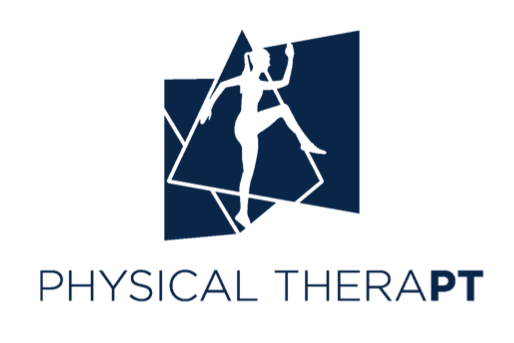Seemingly almost every day, this year has thrown unprecedented challenges our way. As a country, and as a community, it can feel like we simply can’t catch a break. This air of overwhelming chaos and danger can trigger feelings of distress and distraction, and impact our normal immune response, throughout coping strategies like emotional eating or alcohol consumption, or poor quality sleep. Good news, these feelings and responses are very normal. Bad news, these behaviors are correlated with an increased risk of injury.
“I don’t know if I can do this”
As athletes and performers, we each possess a deep spirit of resilience. Resilience is defined by the American Psychological Association as “the process of adapting well in the face of adversity, trauma, tragedy, threats, or significant sources of stress.” Each tryout, audition, tie breaker, performance and championship game has reinforced that spirit. We have each gone through challenge, and emerged stronger.
Brené Brown reminds us in her 2015 book, Rising Strong, that resilient leaders all show three key attributes:
First, they recognize the central role that relationships and story play in culture and strategy, and they stay curious about their own emotions, thoughts, and behaviors. Second, they understand and stay curious about how emotions, thoughts, and behaviors are connected in the people they lead, and how those factors affect relationships and perception. And, third, they have the ability and willingness to lean in to discomfort and vulnerability.
During these unprecedented times, we find ourselves rebounding more frequently. Today’s challenges require near moment-to-moment adaptation. While we may feel sensitive and vulnerable, athletes and performers are robust. Driven by challenge, each of us have demonstrated incredibly grit and perseverance to reach the position we are at today, overcoming injuries and obstacles. It’s important to acknowledge any feelings of distress, but equally important to have an arsenal of resources to continue moving forward in a healthy fashion. We’ve pulled together our favorites from the author / coach duo behind The Growth Equation, as well as the mental health professions at IADMS:
Practice compassion, for yourself and others
Each new 2020 challenge has shown value of human compassion. If you’re feeling overwhelmed, look to ways you can help someone or look for ways someone else has helped you recently. Being kind to yourself when things don’t go as planned is essential, too!
Stop resisting what’s happening
We’ve all been there. But wishing this wasn’t happening isn’t going to help the situation or your mental state. Focus on what your next three tasks are, and keep cycling through your day.
Focus on what you can control
Rather than worrying about the uncontrollable, put your energy towards productive action. If your league now requires mask usage for competition, build a schedule that allows you to gradually build up tolerance to it while exercising.
Think adaptation, not change
“Change is something that happens to you. Adaptation is something that you are in conversation with.” Stulberg’s view returns control to the individual, and the tasks at hand. What is non-negotiable for you, your family, or your team? Start with these, and work backwards to find to solutions that suit your current challenges. Maintaining an openness to new experiences can help to keep you on track- what opportunities has this scenario brought you?
Practice positivity and gratitude
With so much bad news floating around, it’s easy to get lost in it. When you noticed a persistent negative thought, try to reframe it. For example, maybe you still can’t take that trip you’ve been longing for, but airlines and tourism industries are working hard to provide rapid test options.
If you find yourself getting worked up, try what Stulberg refers to as the 4 P's: pause, process, plan, proceed. This quick exercise allows you to acknowledge whatever is coming up for you, and choose a response that best suits our ever-changing environment.
Finally, tap into memories that remind you why it’s all worth it. The view at the summit, that game winning shot, the performance where everything just clicked. Visualization can help to reignite feelings of purpose.
Use Routines to Anchor you
Some days, internal strategies just won’t be enough. These are the days to lean heavy on your routine lifesavers. Block off 15m breaks to take a walk around the block, schedule tech-free time at the beginning and end of your day, pre-order that instagram worth salad + juice combo. Learn what helps you be your best self on bad days. After all, “creativity resides at the heart of human resilience. Even though adversity will always exist within the human condition, embracing the creative resources within us allows us to not only endure but to prevail.” -Creativity, Trauma, and Resilience by Paula Thomson and S. Victoria Jaque.
To learn more about the connection between stress and injury, check out this article.


